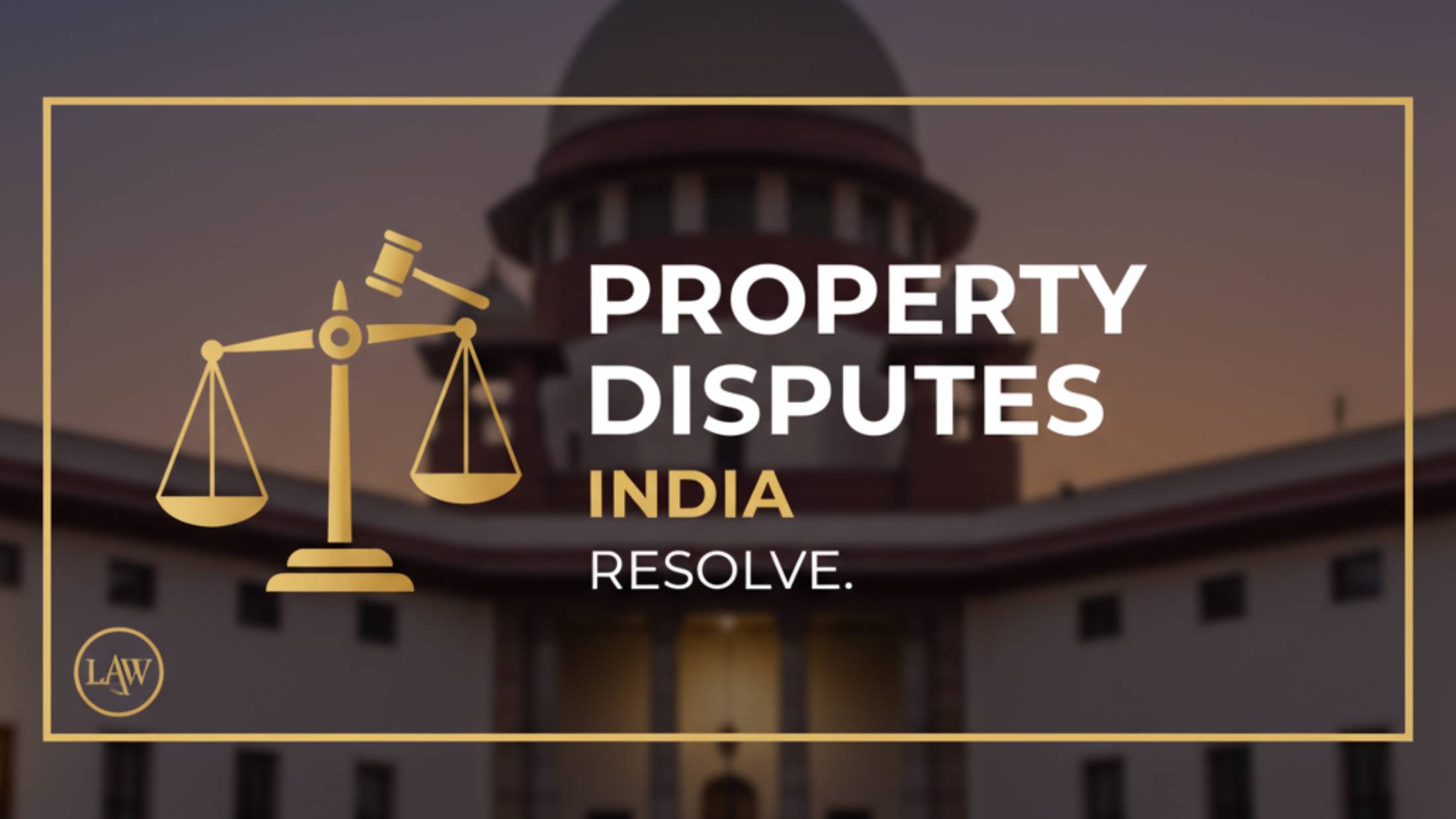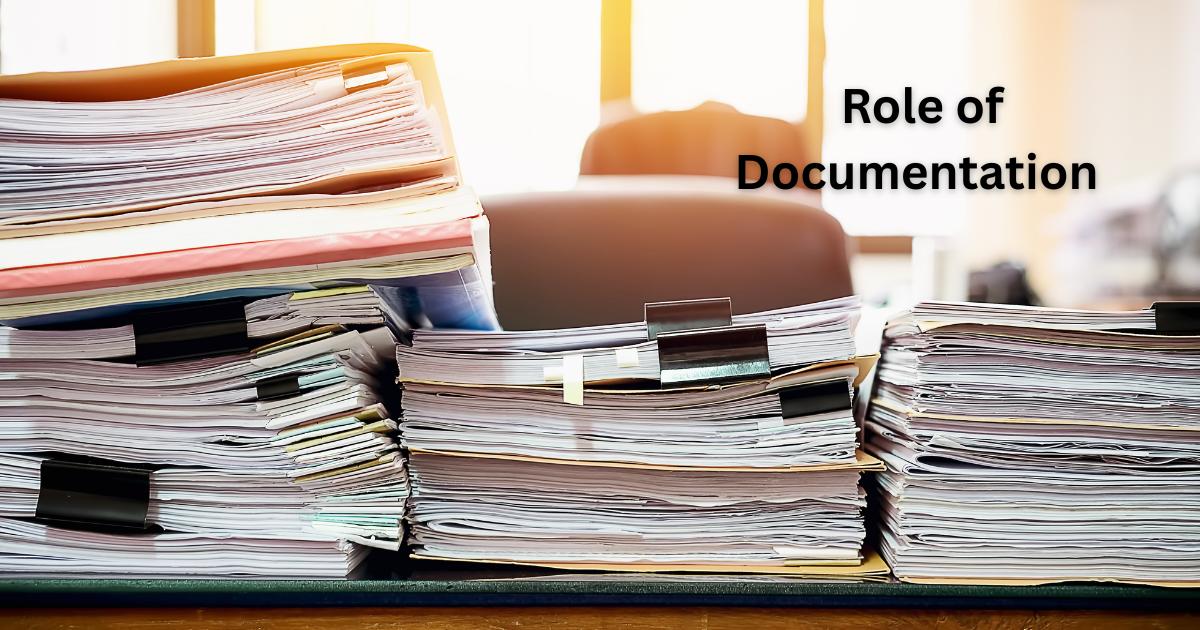· Property Disputes · 5 min read
How to Resolve Property Disputes in India
Learn practical ways to resolve property disputes in India. Understand common causes, peaceful resolution methods, and when to seek legal or professional help.

Property disputes are among the most common challenges families and individuals face in India.
They can arise from misunderstandings over ownership, unclear documents, inheritance issues, or financial stress connected to loans and debts.
Whatever the reason, dealing with a property dispute can feel overwhelming — especially when emotions and money are both involved.
The good news is that with the right approach, patience, and guidance, such matters can be handled more peacefully and clearly.
Here’s a simple guide to help you understand how to resolve property disputes in India step by step.
1. Understand the Nature of the Dispute
Every property issue is different. Some involve family ownership, while others may be linked to property loans, sale agreements, or tenant matters.
Before taking any action, take time to understand what’s actually causing the dispute — missing paperwork, unclear boundaries, or a difference in verbal understanding.
Once you have clarity, it becomes easier to decide whether you need legal advice, documentation support, or just mediation.
2. Collect All Relevant Documents
Paperwork plays a huge role in resolving property disputes.
Gather everything related to the property — sale deed, registration papers, old agreements, tax receipts, or loan-related records if applicable.
Having documents ready helps when you approach a lawyer or legal consultant. It shows your ownership and makes communication smoother during the resolution process.
3. Try Open and Calm Communication First
In many cases, especially within families, clear conversation can solve more than arguments ever can.
If you feel comfortable, try discussing the matter peacefully with the other parties involved. Sometimes, a small misunderstanding about property division or payments can be cleared through communication.
However, if emotions run high or the discussion feels unsafe, it’s better to involve a neutral third person or a professional mediator.
4. Consider Mediation Before Legal Action
Taking property matters to court can be time-consuming and stressful.
Before you reach that stage, you might explore mediation — a neutral platform where both sides can discuss their issues with the help of a legal mediator or an advisor.
This approach often helps maintain family relationships and reduces legal pressure. It’s also less expensive compared to a full court case.
5. Get Legal Advice When Needed
If communication or mediation doesn’t bring clarity, you may need to talk to a property lawyer.
They can review your documents, explain your rights, and suggest possible next steps. A good legal professional won’t push you into aggressive action — instead, they’ll help you understand your options so you can decide calmly.
Remember, legal advice doesn’t always mean court action. Sometimes, it’s just about understanding what’s rightfully yours and how to protect it peacefully.
6. Verify Property Records and Titles
In India, property records can sometimes be unclear or outdated. Before you make any decisions, check the ownership details at the local municipal or land records office.
If you’re unsure how to do that, you can get assistance from legal professionals who handle property verification and documentation.
Doing this helps prevent future issues — especially when loans, settlements, or property transfers are involved.
7. Avoid Emotional Decisions
Property disputes often involve emotions — especially when family members are part of it. While it’s natural to feel hurt or frustrated, try not to take decisions in anger or under pressure. Take time to think, seek advice if needed, and remember that resolving the issue peacefully often protects both your property and your peace of mind.
8. Stay Aware of Financial Links to the Property
Sometimes, property disputes are tied to loan settlements or debt recovery.
For instance, if a property has an ongoing loan and payments have become difficult, disputes may arise between co-owners or lenders.
In such cases, consulting both a legal expert and a debt settlement agency can help manage the situation more effectively.
They can assist in handling bank calls, recovery agent harassment, or negotiation with lenders — while your lawyer focuses on the property side.
9. Keep Written Records of Every Discussion
Whether you’re negotiating within the family, with a mediator, or through a lawyer, always keep written notes or copies of communication.
Written proof often helps if the matter reaches higher authorities later. It also avoids confusion and builds trust during discussions.
10. Focus on Resolution, Not Retaliation
The real goal of resolving a property dispute should be clarity and peace, not winning or punishing someone. Even if you have a strong case, rushing or reacting emotionally can make things worse.
A calm, planned approach — supported by the right professionals usually leads to better outcomes and long-term stability.
Final Thoughts
Property disputes can test your patience and peace of mind. But they don’t have to control your life. With awareness, documentation, and the right support — both legal and professional — you can move toward a fair and peaceful solution.
If the issue involves loan settlements, financial stress, or harassment by recovery agents, don’t hesitate to seek help from experts who understand both financial and legal aspects.
Taking the right steps early can help you protect what matters most — your home, your rights, and your peace of mind.
Disclaimer
_The information shared in this blog is for general awareness only. Every borrower’s situation may differ, and the actual process or outcome can vary based on individual circumstances.
_



